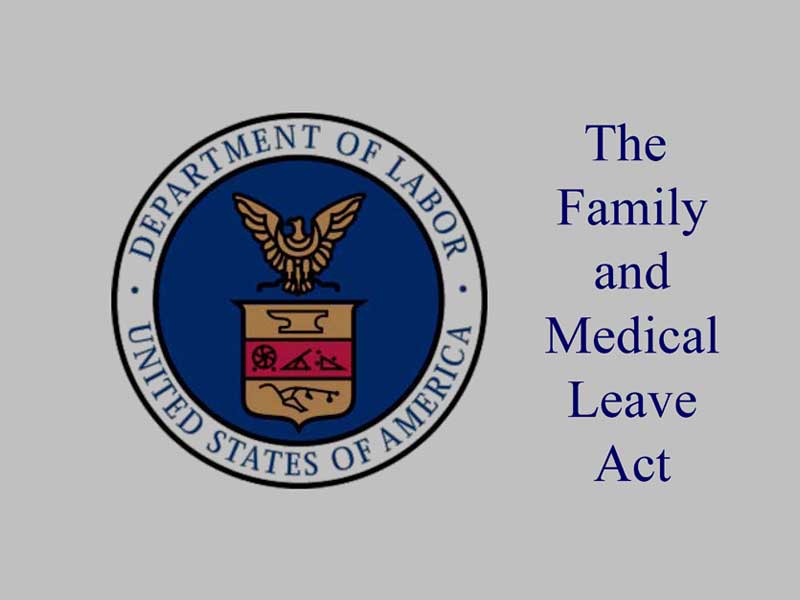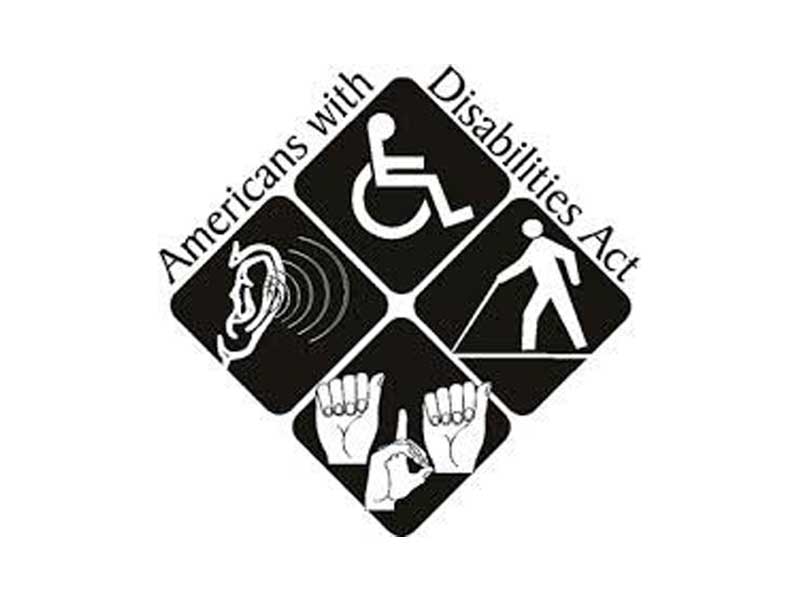The majority of substance-addicted individuals are active members of the United States workforce. Substance abuse in the workplace can lead to unparalleled negative consequences for your reputation, career and safety. Rehab treatment could be the last stop in ensuring you keep your job.
About 76 percent of those with substance addictions are actively employed, but most employees with addictions avoid treatment for fear of losing their jobs or hurting their careers. According to the U.S. Commission on Civil Rights, 10 to 25 percent of the American workforce has worked under the influence of drugs or alcohol. Many employees struggling with substance abuse may try to hide their addiction and continue to work, potentially risking more career damage. Seeking substance abuse treatment is critical for an employee’s professional success, and frequently, employers will help employees reach recovery.
Substance abuse in the workplace is a major concern for employers, as employees who work under the influence of drugs or alcohol typically cost more to employ, are less productive and can create potentially dangerous situations for others or themselves. Employees who abuse drugs or alcohol are 3.5 times more likely to be involved in a workplace accident and have health care costs double those of other employees.
- Have 1.5 times as many absences as those without substance use disorders
- Use twice as many medical benefits
- Are twice as likely to file workers’ compensation claims
Substance-addicted employees are also more likely to spend time at work on non-work-related activities, take longer lunches or breaks, arrive late, leave early, sleep on the job, be absent from work, and perform poorly at work tasks.
Is substance abuse affecting your performance at work?Let us help you out.
Signs of Substance Abuse in the Workplace
Substance abuse habits can hurt how your superiors and peers perceive you as an employee and can hinder your ability to advance your career or keep the job you have.
- Performance issues
- Problems finishing tasks at work
- Strained relationships with your co-workers or boss
- Absences because of substance abuse
- Punctuality problems
- Inability to keep a job/frequently changing companies
A prolonged pattern of such behaviors can ruin your work reputation and lead to your termination. Employers are protected by federal law that allows them to create a drug-free workplace. If you are found abusing drugs or alcohol on the job or fail a drug test, you will likely be terminated immediately.
Despite the stigma associated with substance abuse, rehab treatment can be the difference between a job path that is in disarray and a successful career. For employees who want to reach recovery and keep their jobs, there are many treatment programs and services that can guide them through this process.
Employee Assistance Programs (EAPs)
Substance addiction costs the nation about $276 billion per year, mostly in lost work productivity and health care costs. Many employees in the workforce struggle with substance addictions. Additionally, it is more cost-effective to provide treatment and rehabilitate a substance-addicted employee than to replace the individual. Therefore, many employers provide employee assistance programs (EAPs).

EAPs provide a variety of options and services for substance abuse and mental health related problems, including on-site, in-person and telephone-based services. Studies also show that employers who fund EAPs receive a return of 12 to 1 for every dollar they invest in the program. Gillette Company, for instance, saw a 75 percent decrease in inpatient substance abuse treatment costs after establishing a company EAP.
EAPs allow employers to help employees struggling with substance abuse issues, reduce costs and turnover, and boost employee morale without losing productivity, which would happen by simply firing a substance-addicted employee.
Get Treatment and Keep Your Job
Many treatment programs and rehab facilities are designed to let individuals stay employed and often work in conjunction with EAPs through referrals to help employees reach recovery. Some rehab programs allow those in recovery to continue to work while in treatment, while others require individuals to take a leave of absence to focus solely on their recovery.
Outpatient Treatment Programs

Outpatient treatment programs provide employees the opportunity to receive treatment at home or in a facility-sponsored sober housing environment and maintain their daily responsibilities, including their jobs. Many outpatient programs include one to three days a week of clinical treatment, while allotting the additional days and time for working.
Inpatient Treatment Programs
Inpatient treatment programs require individuals to take a leave of absence from work to focus solely on recovery; however, many inpatient programs will work with people to accommodate their work-related needs. Quality inpatient programs aim to help patients acclimate to treatment however possible, such as providing extra access to computers or additional time for job-related phone calls.
Professionals Treatment Program

The added pressures of high-stress occupations can contribute to the development and progression of a substance addiction. For professionals with demanding or high-stress positions, there are treatment programs tailored to their needs. Professional programs include general treatment and specialty treatment groups that address the unique challenges that may contribute to substance abuse issues. Facilities that offer such programs typically work with professionals to provide a plan that suits their mental and physical health needs as well as their job-related obligations.
Other Services
Facility admission teams work with individuals entering treatment to address any concerns they may have. Case managers will also act on clients’ behalf to assist with legal and job-related tasks, as well as update individuals’ employers and properly document an employee’s treatment progress.
Looking to stay employed while receiving treatment?We have programs designed specifically for you.
Legal Protections
For employees who seek help, or for employees or job seekers in recovery, there are legal protections to prevent job discrimination.
Family and Medical Leave Act (FMLA)

The Family and Medical Leave Act protects a person’s employment status when an individual needs a leave of absence to receive treatment for a qualifying medical condition or to care for a family member as supported by the FMLA. Qualifying medical conditions include alcohol abuse. Employees may only take Family Medical Leave (FML) for treatment when it is offered by a health care provider, referred by a health care provider, or as part of an EAP. Under the FMLA, employees can take a leave of absence to care for a family member receiving treatment for alcohol abuse without an employer’s taking action against the employee. For an employee to be eligible for FML, he or she must have worked at least 1,250 hours and held employment at the company for a year or more.
Under the FMLA, an employer with a nondiscriminatory substance-free workplace policy that has been communicated to employees properly has the right to terminate employees who violate this agreement for substance abuse other than alcohol. However, many employers prefer to help employees struggling with addiction find the necessary workplace resources to reach recovery rather than terminate them.
The Americans with Disabilities Act (ADA)

The ADA permits employers to create a substance-free work environment in compliance with federal law while also providing certain protections to employees with qualifying alcohol use disorders.
Under the ADA:
- Employees engaging in illegal drug use are not considered “individuals with a disability.”
- Employees in recovery may be required to meet the same standards of performance and conduct that are set for other employees.
- Employees may be required to follow the Drug-Free Workplace Act of 1988 and rules set by federal agencies pertaining to drug and alcohol use in the workplace.
- Employers possess the power to act as a result of an employee’s illegal substance abuse.
- Employers may not discriminate against individuals with a history of substance addiction who are not currently using drugs and who have been rehabilitated.
- Employers may prohibit illegal use of drugs or alcohol in the workplace.
- Employers possess the right to test employees for illegal drug use.
- Employers may discharge or deny employment to any employee or job seeker currently using illegal drugs.
ADA employee protections cover qualified individuals who meet a specific criterion.
- have been successfully rehabilitated and are no longer engaged in the illegal substance abuse.
- are in an active rehabilitation program and are no longer engaging in illegal substance abuse.
- are inaccurately labeled as a current substance abuser.
These protections do not apply to former casual drug users.
Under ADA protections, employers may not ask potential employees if they are drug abusers, alcoholics, or have participated in a substance abuse treatment program in the past.
Help Is Available
For employees struggling with substance abuse, seeking treatment could save your career and protect your reputation. Substance abuse in the workplace is not only illegal, it can create dangerous situations for yourself or other employees. If you or someone you know is struggling with substance abuse, check with a company human resources representative to see if EAPs or other treatment resources are available.
Medical Disclaimer: DrugRehab.com aims to improve the quality of life for people struggling with a substance use or mental health disorder with fact-based content about the nature of behavioral health conditions, treatment options and their related outcomes. We publish material that is researched, cited, edited and reviewed by licensed medical professionals. The information we provide is not intended to be a substitute for professional medical advice, diagnosis or treatment. It should not be used in place of the advice of your physician or other qualified healthcare provider.
Author
Content Writer,
DrugRehab.com
Trey Dyer is a writer for DrugRehab.com and an advocate for substance abuse treatment. Trey is passionate about sharing his knowledge and tales about his own family’s struggle with drug addiction to help others overcome the challenges that face substance dependent individuals and their families. Trey has a degree in journalism from American University and has been writing professionally since 2011.
View Sources
 Addiction
Addiction
 Treatment
Treatment
 Faith & Religion
Faith & Religion
 Active Recovery
Active Recovery
 Our Community
Our Community








